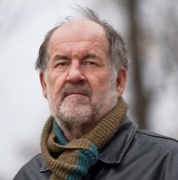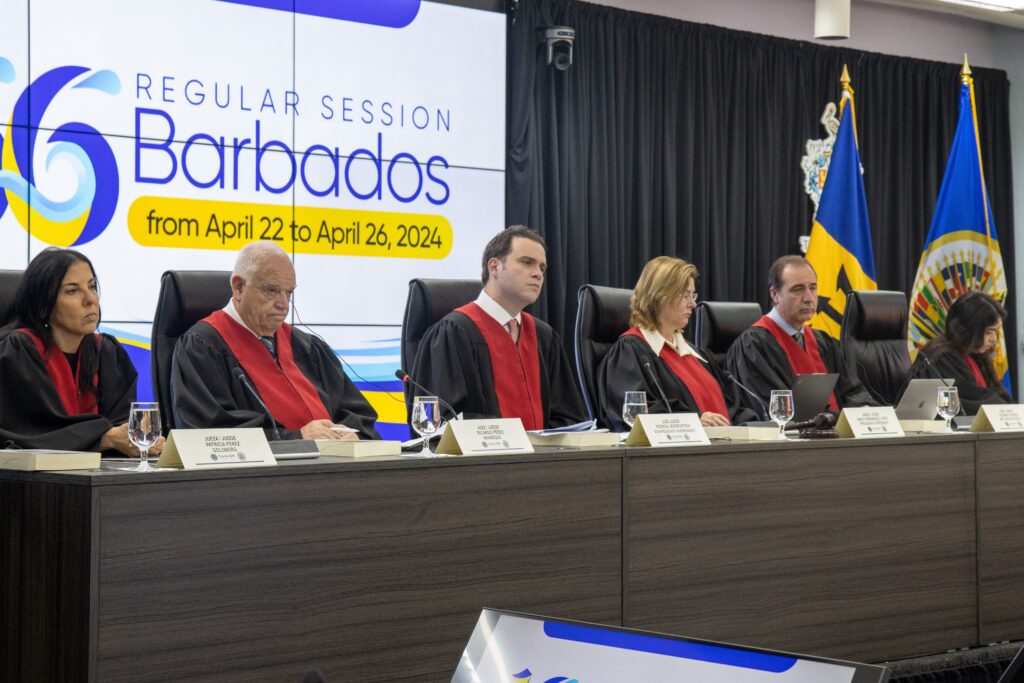This November marks the fifth anniversary of Climategate – when millions of emails were illegally hacked and spun as evidence that the world’s leading global warming researchers were engaged in a dark conspiracy. Six inquiries exonerated the scientists. Over the coming weeks, DeSmog UK will be running a series of articles revisiting the faux scandal to explore the tragic and the farcical.
Gold mining guru Steve McIntyre has long been accused of taking cash from oil companies to fund his climate denial investigations website Climate Audit.
McIntyre sparked the international Climategate scandal five years ago this month, when his blog inspired a hacker to break into servers at the UEA and steal emails and data shared between the world’s leading global warming scientists.
But DeSmog UK can today reveal for the first time that McIntyre actually lost out on millions of dollars because his almost obsessive pursuit of climate researcher Professor Michael Mann meant he missed out on “the deal of a lifetime” when his old company literally struck gold.
McIntyre, 67, from downtown Toronto, Canada, launched the Climate Audit website as part of a concerted attempt to pick holes in Professor Mann’s work – including the iconic hockey stick graph which has featured prominently in the reports of the Intergovernmental Panel on Climate Change.
His dogged determination has led to suspicions and insinuations that he must be working for Big Oil – or must be backed by the ultra-conservative think tanks funded by the oil industry.
Struck Gold
But, in a darkly comic twist of fate, his interest in climate science in fact resulted in his stepping back from the board of a Canadian mining company just weeks before it landed a deal that would have made him around CAD$2.5 million in personal profit.
The climate denial blogger had been appointed to the board of directors at Trelawney Mining and Exploration Inc in Toronto – and promoted to chairman in June 2011. At that time, McIntyre was dealing with the fallout from Climategate and spending less time in the office.
The firm had struck gold – seven million ounces of gold – leading to a CAD$585 million takeover by Iamgold Corporation in June 2012. According to the company, “The main asset acquired in this transaction is the Cote Lake Project located adjacent to the Swayze Greenstole Belt in northern Ontario, Canada.”
McIntyre told me: “The climate involvement cost me a lot of money because I was not in the office as much as I should have been. If I had never heard of climate I’d have made a lot more money with the deal. The other directors that were appointed at the same time as me, when I would have been appointed, made two and a half million dollars in options.”
The amateur mathematician had worked for years with Ross McKitrick, a Canadian economist, in trying to prove Professor Mann’s breakthrough hockey stick graph is unreliable. Since 2002, McKitrick has been a funded senior fellow at the Fraser Institute, an ultra-Conservative think tank with a long history of oil funding.
The Climategate scandal broke five years ago this year when an anonymous hacker broke into the servers of the Climatic Research Unit at the University of East Anglia in Norwich and posted thousands of emails covering 13 years and a trove of data belonging to some of the world’s leading global warming researchers.
Confidential Data
The hacking took place immediately after McIntyre had found Mann and fellow researcher Professor Phil Jones at the UEA had inadvertently left files on a server that could be accessed by the public. McIntyre blogged that “a mole” had given him the data, and soon readers of the Climate Audit blog were hurriedly downloading confidential data from the exposed servers.
A small circle of climate denying bloggers – including McIntyre – managed to spin the hacked emails to the international media as “smoking gun” evidence that professional university researchers had engaged in a global conspiracy to hype the threat of global warming to increase their own grants and profiles.
Lord Lawson launched his Global Warming Policy Foundation (GWPF) just days after the Climategate attack and was the first to call for a public inquiry into the work of the UEA researchers. During a hearing at the House of Commons he attacked the “integrity” of Professor Jones, who was driven to the edge of suicide by the whole hacking affair.
Five years have now elapsed since the story hit the headlines. There have been six separate inquiries into the work of professors Jones and Mann and their colleagues to test the claims made following the email hack. None have found evidence of wrongdoing – beyond a slap on the wrist for failing to answer Freedom of Information Act requests appropriately.
The hacker has never been found and appears to be too timid or ashamed to reveal his identity. This is despite the fact that Norwich Police has confirmed it has dropped its investigation as no prosecution for the Category A crime can be brought.
McIntyre has spent most of his professional career working within the mining industry, including companies profiting from oil and gas. He has worked as a strategic advisor for the oil and gas exploration company CGX Energy Inc, having been president of its predecessor company Northwest Exploration Company Limited. He was also president of Dumont Nickel Inc.
Subscribe to our newsletter
Stay up to date with DeSmog news and alerts






